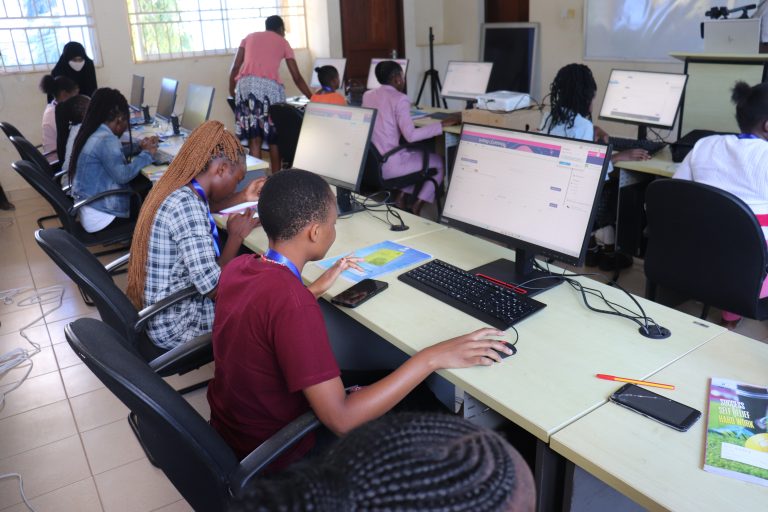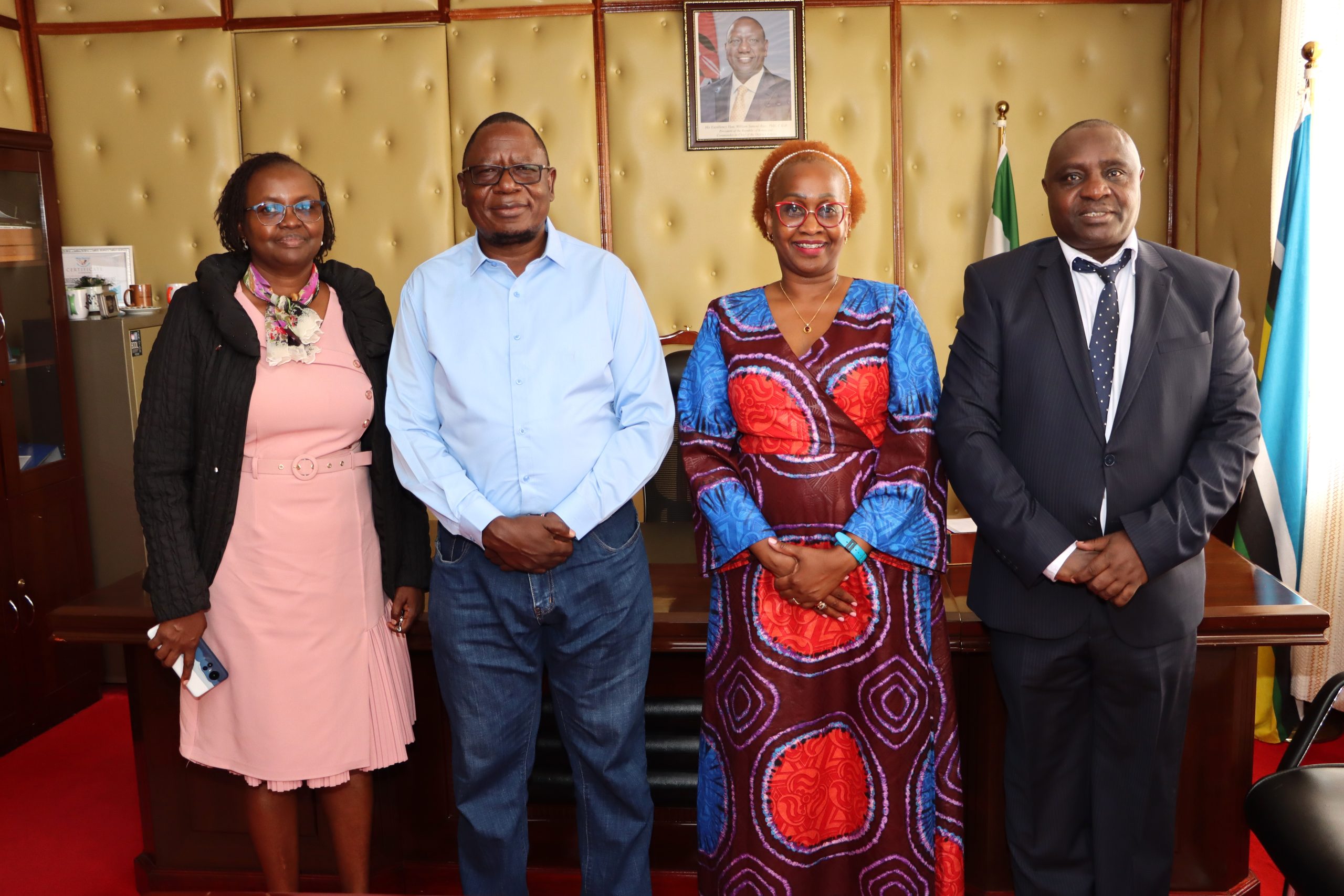The ENGAGE Project, a collaboration between the University of Nairobi (UoN) and the University of California San Francisco (UCSF), is addressing gender disparities in Data Science, Machine Learning, and Artificial Intelligence by empowering over 800 girls and young women from underserved and rural regions of Kenya. We are not merely building technical expertise. We are also addressing social justice by reducing gender biases. With over two decades in global health, I’ve seen how gender gaps in data and technology have limited our ability to build inclusive, effective health systems. By advancing gender equity in these fields, we are on a mission to build effective and inclusive health systems that enhance the quality of health data, analysis, and decision-making.
Strong leadership plays a key role in supporting initiatives like the ENGAGE project, which empowers young women with timely and relevant skills and opportunities needed to contribute meaningfully to public health innovation. The onus is on us as leaders to cultivate a habit of fostering inclusive policies, mentoring female talent, and promoting diverse workplaces. Strong leaders can help close gender gaps and ensure that innovative health solutions are tailored to community needs. Gender inclusion is pivotal across all fields, and in our case, it is fundamental to strengthening public health systems. Our vision is that this project will empower women to design solutions that lead to better outcomes and more resilient communities.
Dr. Koki Kinagwi
ENGAGE Co-Principal Investigator
ENGAGE is necessary; Here’s how
From a public health perspective, initiatives like ours are necessary because we are building a pipeline of women and girls who will bring on board fresh perspectives that are creating an inclusive workforce and culturally relevant solutions to health problems. I see a future where our ENGAGE trainees contribute meaningfully to disease surveillance, health promotion, and policy development. These fields offer emerging niche opportunities where young women and girls can carve out careers as data analysts monitoring public health trends, as digital health educators and advocates driving attitude change through technology, and in the near future, as policy influencers shaping gender-responsive health systems.
Empowering the next generation of women leaders
To realize this vision, we must continue to champion and invest in initiatives like ENGAGE. Such programs are rewriting the future of public health through gender equity and innovation. By bridging both gender and health gaps, ENGAGE empowers a new generation of women to lead with insight, empathy, and impact. It stands as a compelling model of how strategic investment in women’s education and technology can begin lasting and transformative change in our communities here in Kenya, and who knows, even across the continent.
Dr. Koki Kinagwi is the Country Director UCSF Global Programs for Research and Training and the Co-Principal Investigator of the ENGAGE Project.




